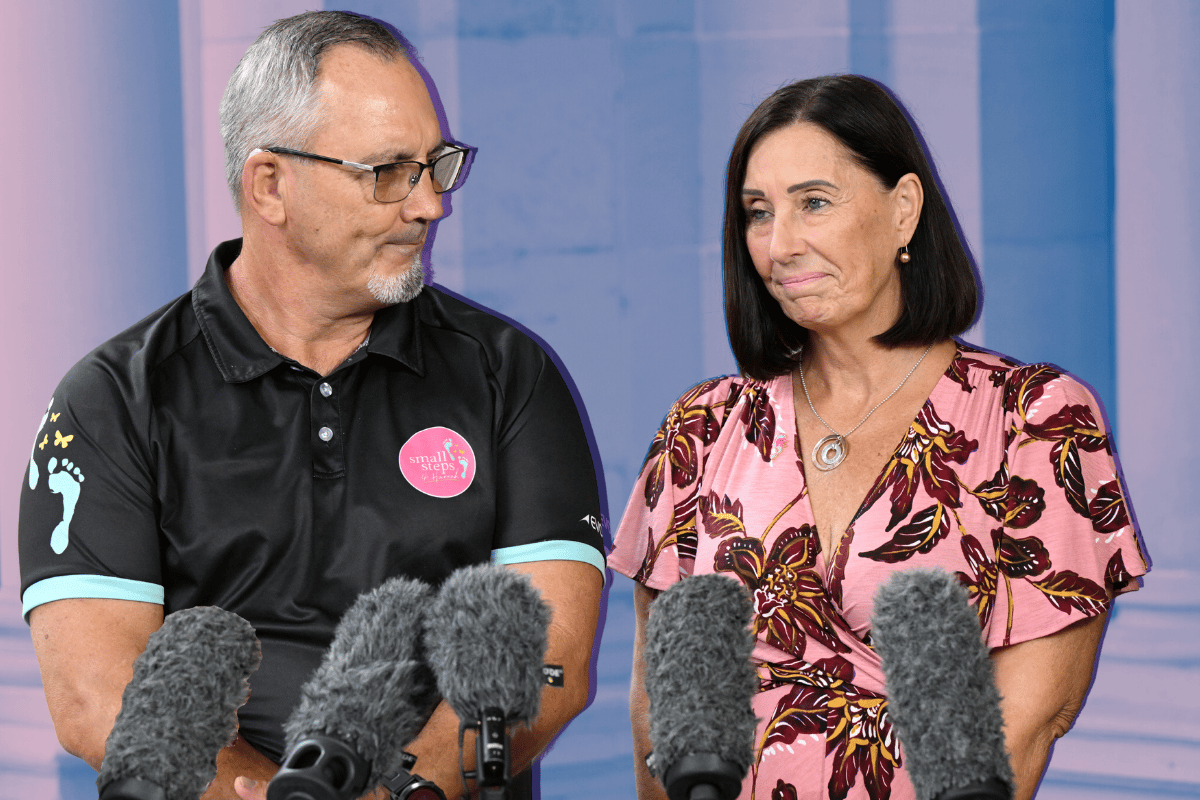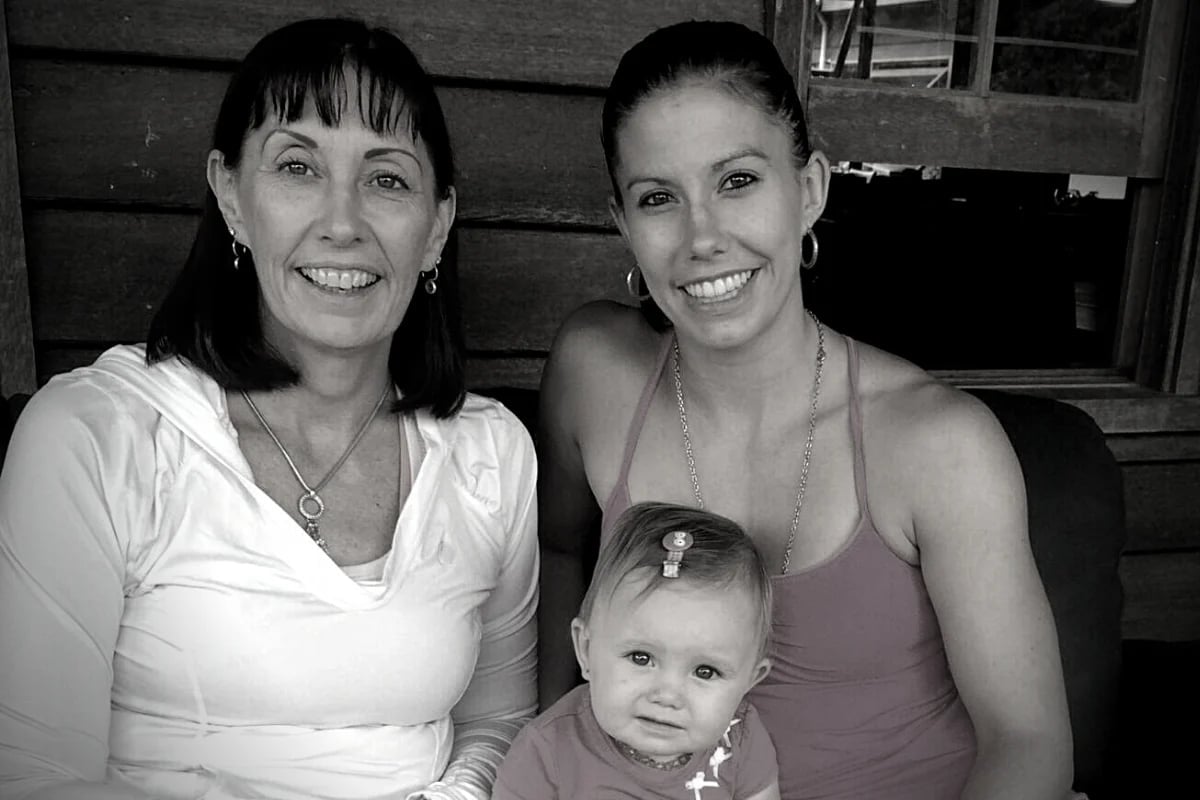
Content warning: This story includes descriptions of domestic violence that may be distressing to some readers.
The Clarke family know all too well just how insidious and dangerous coercive control can be.
In February 2020, Hannah Clarke and her three children, Aaliyah, six, Laianah, four, and Trey, three, were killed by Hannah's estranged husband, after he ambushed her car on the morning school run. There, in broad daylight on a normally quiet street in Brisbane, he took the lives of the four people he ought to have loved most. Unwilling to live with the consequences, he also took his own.
The crime reignited the conversation about family violence in Australia and prompted conversations about coercive control, which had rarely been spoken about until then.
"90 per cent of the time, coercive control can end in homicide," Sue Clarke, Hannah's mum, tells Mamamia. "This is why laws to criminalise coercive control will save lives."
Watch: the realities of coercive control. Post continues below.
Coercive control is a pattern of abuse designed to dominate, oppress and trap another individual.
Though it can come hand-in-hand with physical violence, it typically involves more insidious and manipulative tactics like social isolation, intimidation, humiliation and degradation, monitoring movements and communication with others, controlling finances, and more.

